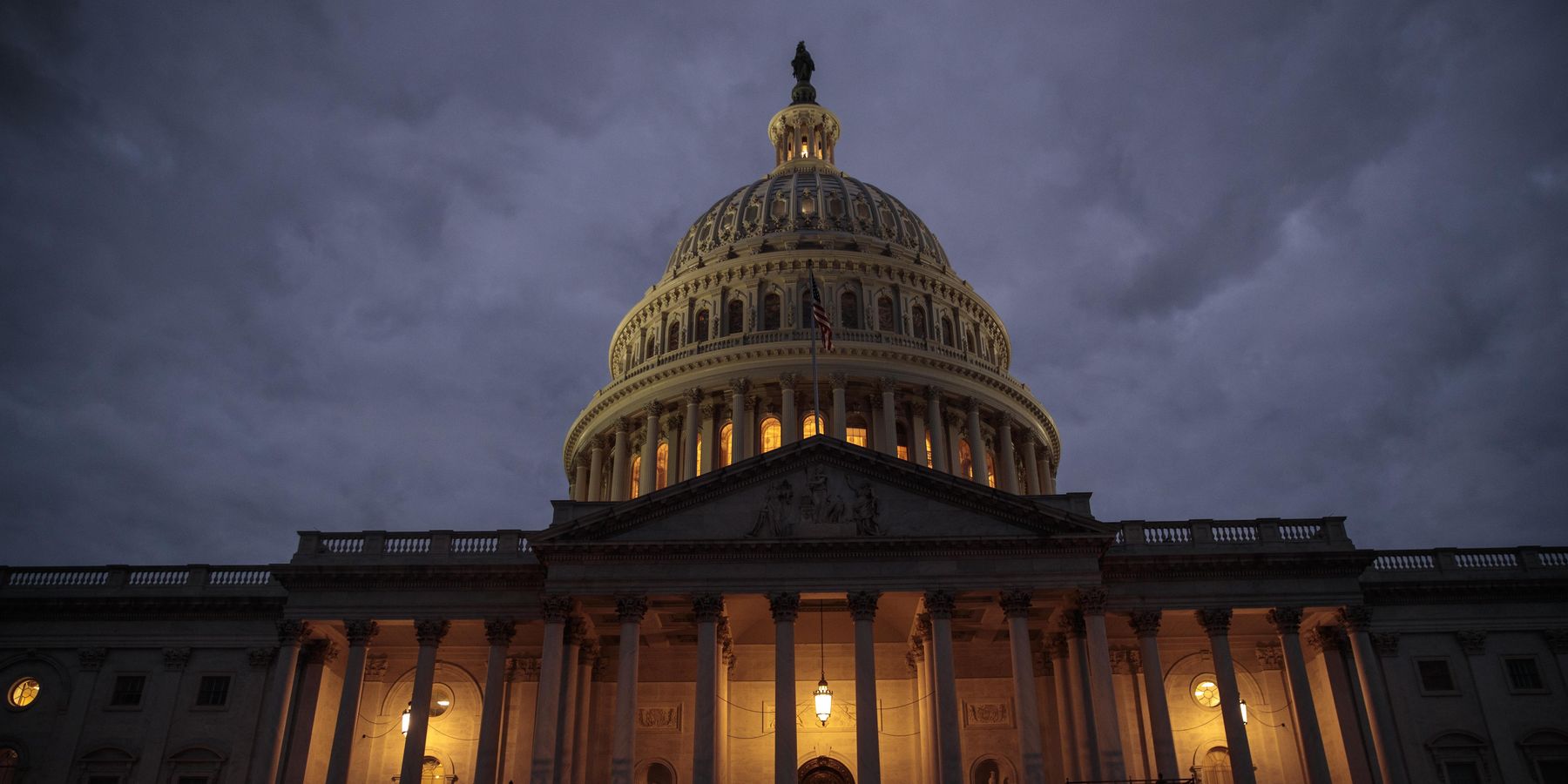
Politics
Bill Limiting Use of Lyrics in Court Was Brought to Congress
by Kenna McCafferty
29 July 2022

It’s not just Kim Kardashian trying to #FreeGunna — New York and Georgia Democrats have also joined the cause. Representative Hank Johnson (D-GA) and Jamaal Bowman (D-NY) just introduced a bill to Congress aimed at protecting song lyrics from being used as evidence in court, calling upon freedom of speech and artistic expression.
“It is no longer enough that the Bill of Rights guarantees that freedom: without further Congressional action, the freedom of speech and of artistic expression present in music will continue to be stifled, and that expression will be chilled, until the voices behind that protected speech are silenced,” Johnson said in a statement.
The question of whether creative license can be invoked over rap lyrics in court has gained significant air-time in recent months, as Young Thug, Gunna, and other members of the Young Stoner Life (YSL) label were indicted in a Racketeer Influenced and Corrupt Organizations Act (RICO) case in May.
Related | Kim Kardashian Wants to #FreeGunna
The indictment cites lyrics from “Ski” “Take it to Trial” and “Slatty” off of the group’s compilation album Slime Langauge 2 as well as Young Thug’s “Anybody.”
But the cause to protect lyrics predates the YSL indictments. The most recent bill, The Restoring Arist Protection (RAP) Act, follows a similar state-level bill called Rap Music On Trial, introduced in New York by State Senators Brad Hoylman and Jamaal Bailey in November 2021, and passed this May. New York City has also drawn
The RAP bill aims “to limit the admissibility of evidence of a defendant’s creative or artistic expression against such defendant in criminal proceeding, and for other purposes” by requiring prosecutors to prove to a judge in an outside hearing that the lyrics in question fall under four exceptions before presenting it to a jury. Exemptions include: "if the expression is original, that defendant intended a literal meaning, rather than figurative or fictional meaning; or if the expression is derivative, that the defendant intended to adopt the literal meaning of the expression as the defendant’s own thought or statement; that the creative expression refers to the specific facts of the crime alleged; that the expression is relevant to an issue of fact that is disputed; and that the expression has distinct probative value not provided by other admissible evidence.”
Unsurprisingly, Kardashian is not the only celebrity to get behind the push to decriminalize rap lyrics. Bobby Shmurda, who recently served time in a RICO case, spoke up after the passing of the Rap Music On Trial bill, urging politicians to push a similar bill on the national level.
Maybe celebrity influence can make a difference. Representatives Johnson and Bowman heard Shmurda’s call, authoring the bill in an effort to uphold the art form expressed in rap music.
“Rap, hip-hop, and every lyrical musical piece is a beautiful form of art and expression that must be protected,” Rep. Bowman shared in a statement. “I am proud to introduce the RAP Act alongside Rep. Hank Johnson. Our judicial system disparately criminalizes Black and brown lives, including Black and brown creativity.”
As the RAP bill enters congress, we hope to see similar success to the Rap on Trial bill in New York state. One small step toward de-criminalizing hip-hop and rap, one giant step towards the liberation of a genre that drives popular music today.
Photo via Getty/ Drew Angerer